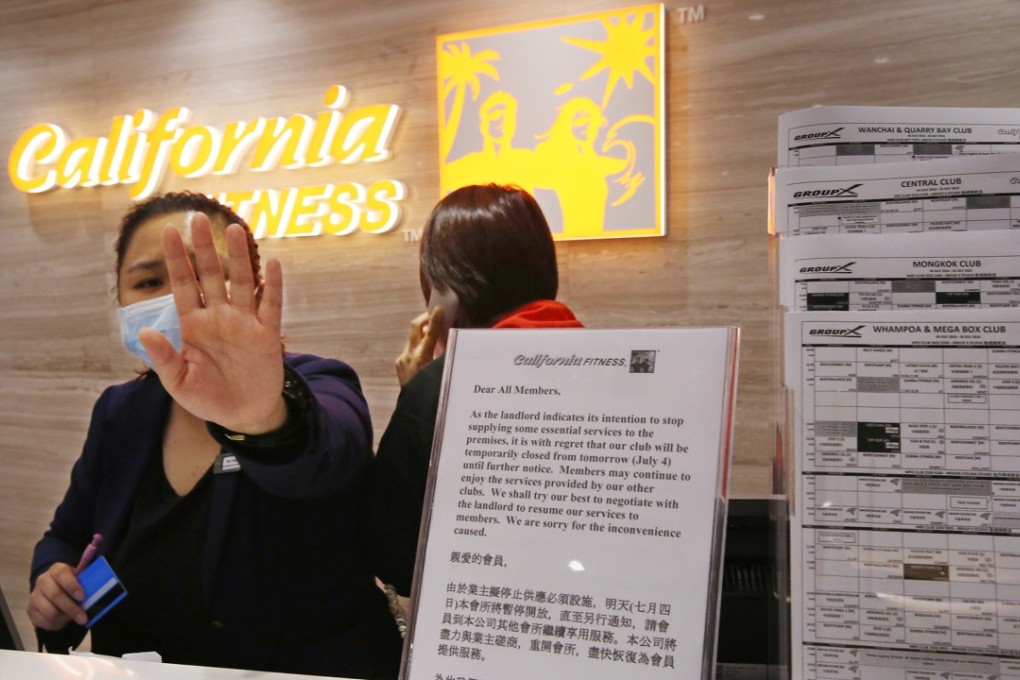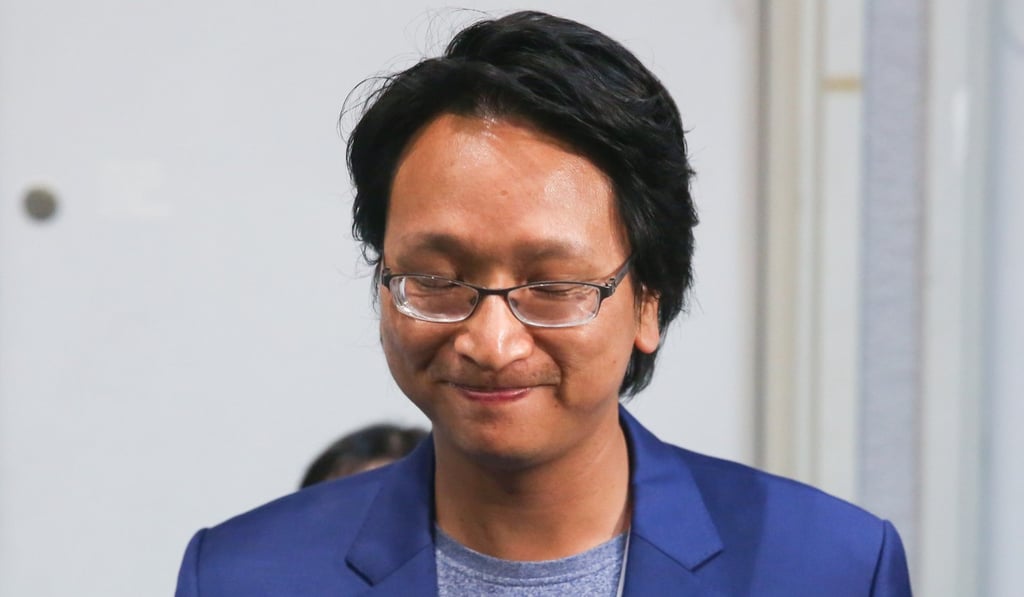Registry for personal trainers needed in Hong Kong to ensure customer safety, ex-lawmaker says
Tang Ka-piu urges government to tighten regulation of gym chains

Hong Kong should tighten controls on the fitness industry by having a registry for personal trainers to ensure customer safety, a former lawmaker has said.
Tang Ka-piu, who served as a member of the city’s legislature from 2012 up until last year, handled a raft of complaints filed against the now-defunct gym chain California Fitness before the business went bust last July. He said having a registration system for trainers would clarify their job responsibilities and mean a safer training environment for customers.
Tang, now an elected member of the Islands district council, also said such a system could ensure trainers were knowledgeable in their field and fully equipped to handle all types of training.
“The industry is evolving every day, and new equipment keeps coming. So I think it’s necessary to have verifications,” he said.
Hong Kong sees 35.6 per cent growth in number of gyms despite high-profile players going bust
But industry insiders said it was sufficient to rely on self-discipline among businesses, as most gym centres hired qualified trainers to maintain a good reputation.
